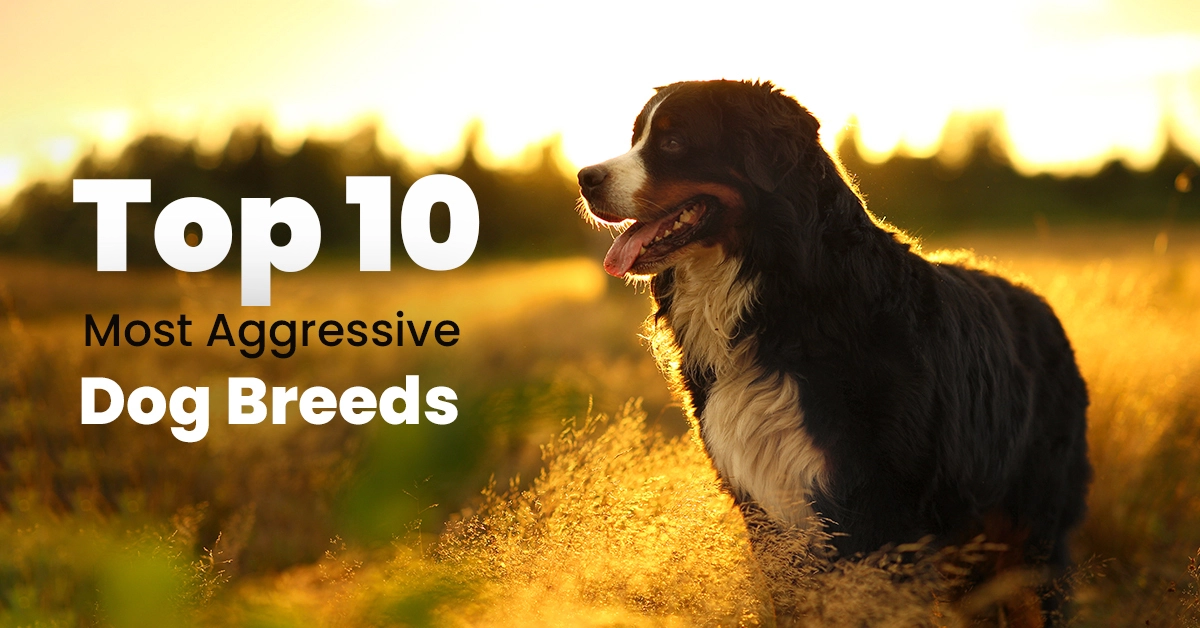Introduction
Dogs are often called man’s best friend, but some breeds come with a reputation for aggression. This article dives into the top 10 most aggressive dog breeds, exploring their history, temperament, and tips for handling them. Whether you’re a current dog owner or considering adopting one of these breeds, understanding their nature is crucial.
1. Pit Bull Terrier
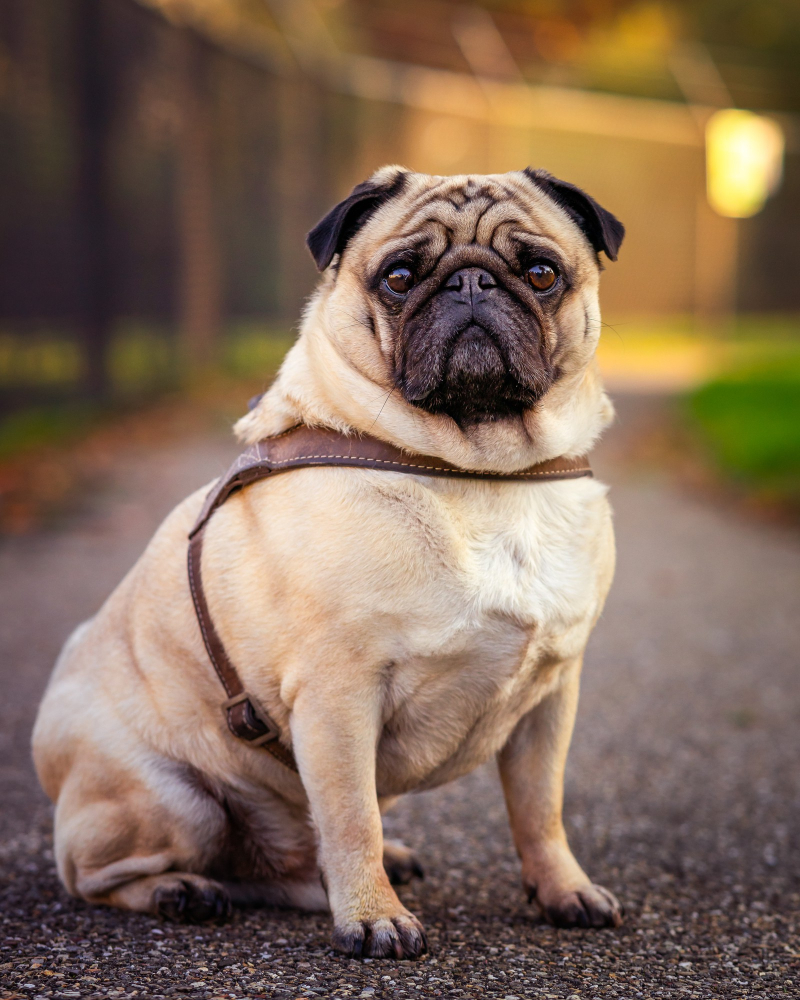
History and Origin
Pit Bulls were originally bred for bull-baiting and later became popular in dog fighting rings. Their muscular build and tenacity made them formidable opponents.
Temperament
Pit Bulls are known for their strength, loyalty, and sometimes, unpredictable aggression. They can be sweet and gentle but may exhibit aggressive behavior if not properly socialized.
Handling and Training Tips
Early socialization and consistent training are key. Positive reinforcement works well with this breed. Always supervise interactions with other animals and children.
2. Rottweiler
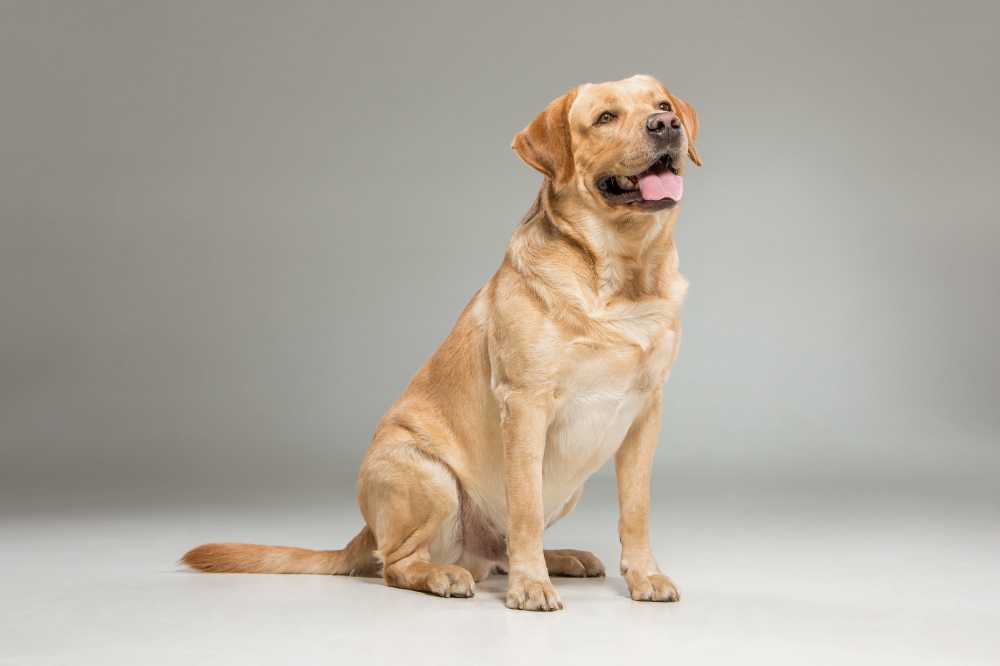
History and Origin
Rottweilers were used as herding dogs and later as guard dogs. Their protective nature makes them excellent watchdogs.
Temperament
Rottweilers are confident, fearless, and often reserved with strangers. Their aggression can be triggered if they sense a threat to their family.
Handling and Training Tips
Socialize them early with various people and environments. Use firm, consistent training methods. Ensure they get plenty of physical and mental stimulation.
3. German Shepherd
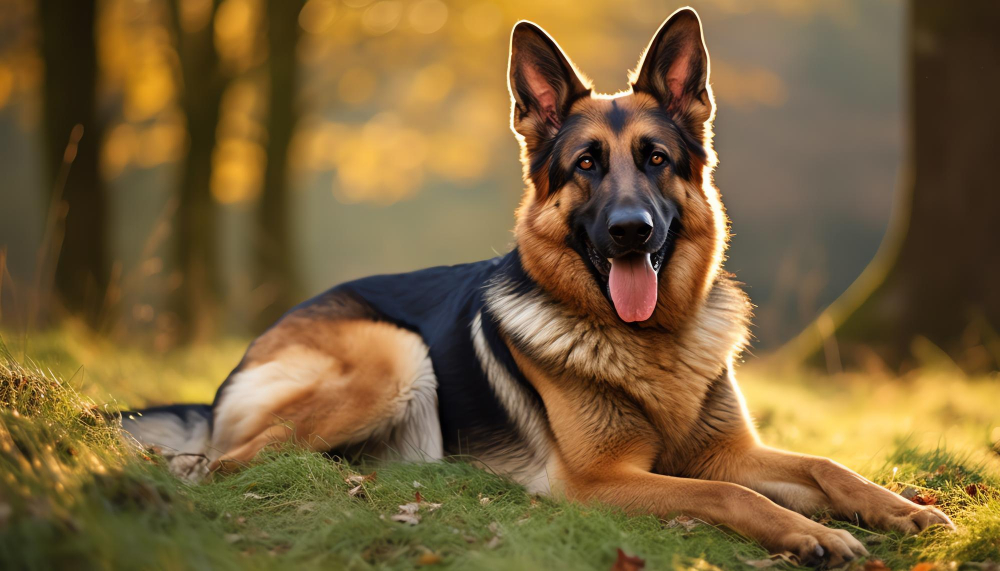
History and Origin
German Shepherds were originally bred for herding sheep. Today, they are commonly used in police and military roles due to their intelligence and versatility.
Temperament
German Shepherds are loyal, protective, and can be suspicious of strangers. Without proper training, their protective instincts can turn into aggression.
Handling and Training Tips
Training should start early and include socialization with people and other dogs. They need regular exercise and mental challenges to keep them happy.
4. Doberman Pinscher
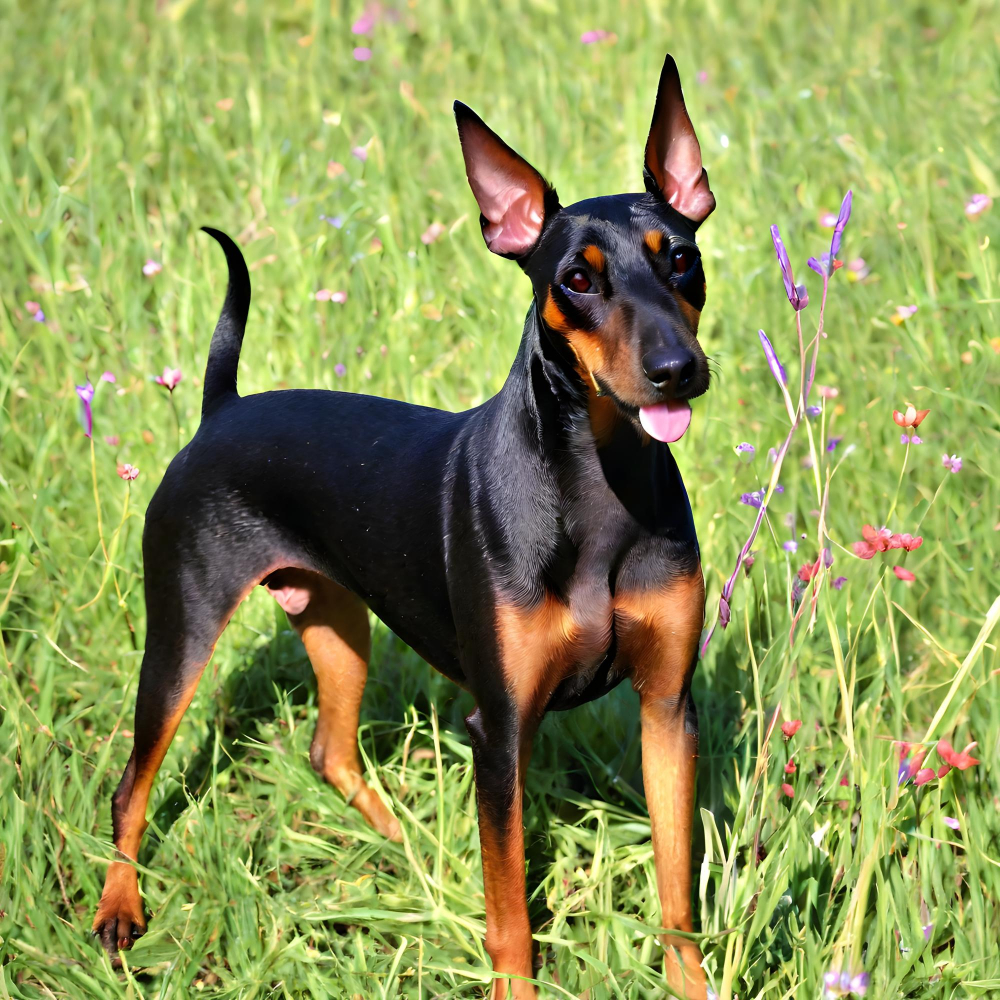
History and Origin
Dobermans were bred by a tax collector in Germany for protection. Their sleek, powerful build makes them ideal guard dogs.
Temperament
Dobermans are known for their loyalty, intelligence, and sometimes, a tendency towards aggression if they feel their family is threatened.
Handling and Training Tips
Early socialization and obedience training are essential. They thrive on structure and need plenty of physical activity.
5. Bullmastiff
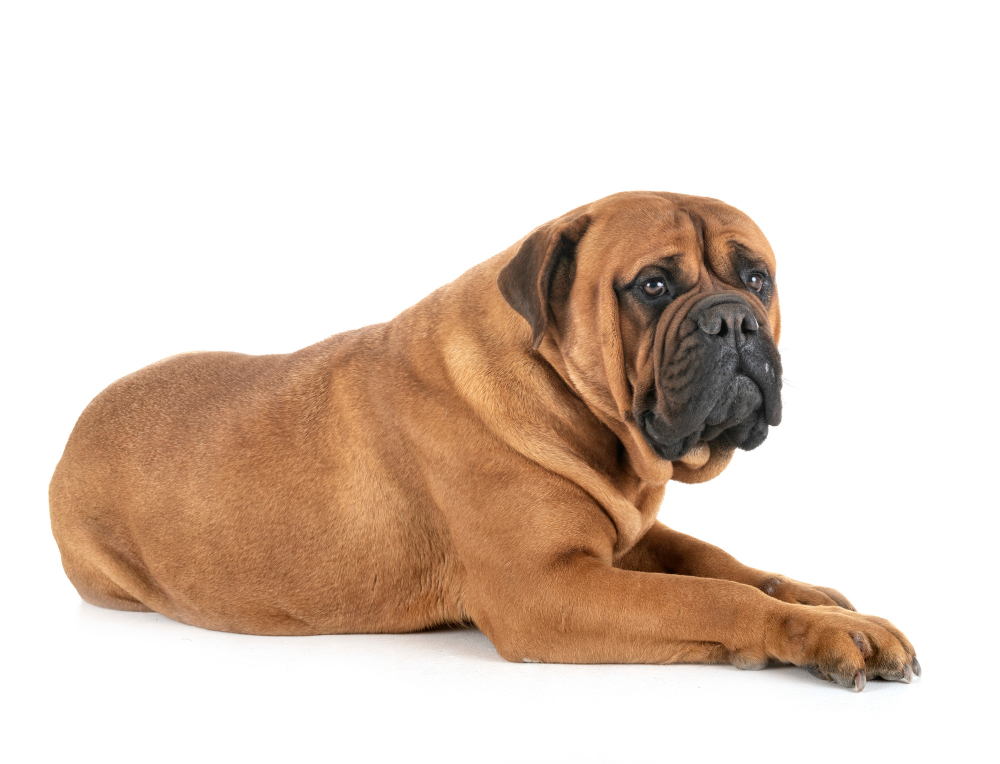
History and Origin
Bullmastiffs were developed as guard dogs to protect estates. Their large size and strength make them formidable protectors.
Temperament
Bullmastiffs are generally gentle giants but can become aggressive if they perceive a threat. They are known for their loyalty and protective nature.
Handling and Training Tips
Socialization and training should begin early. Use positive reinforcement techniques and ensure they get regular exercise.
6. Husky
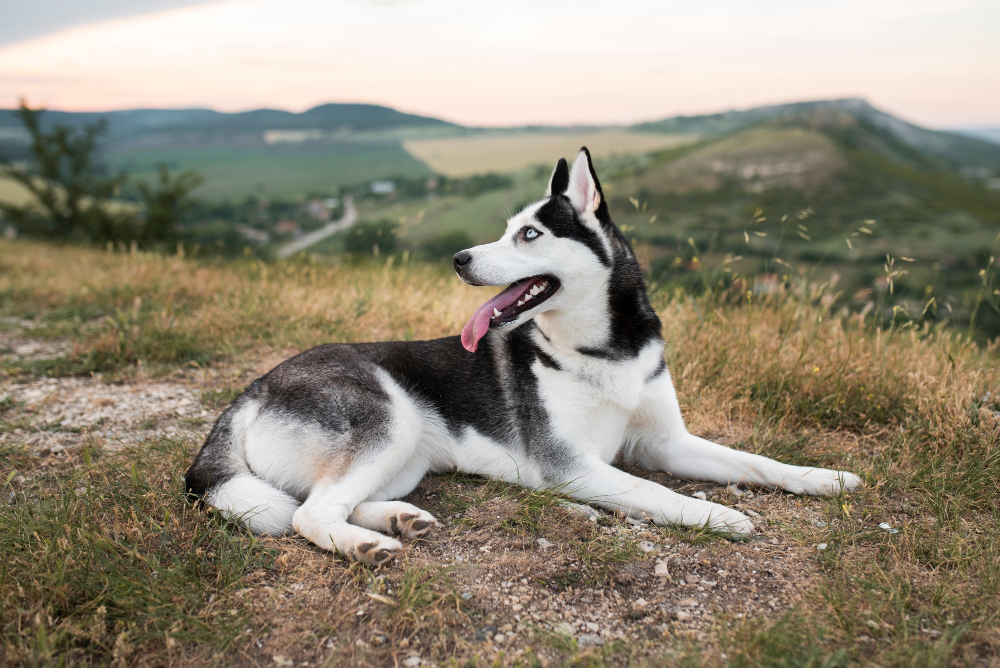
History and Origin
Huskies were bred by the Chukchi people of Siberia as sled dogs. Their endurance and strength made them invaluable in harsh climates.
Temperament
Huskies are energetic, intelligent, and can be quite stubborn. They have a high prey drive and can be aggressive towards smaller animals.
Handling and Training Tips
They require plenty of exercise and mental stimulation. Socialization from a young age is crucial, and they respond well to positive reinforcement.
7. Alaskan Malamute
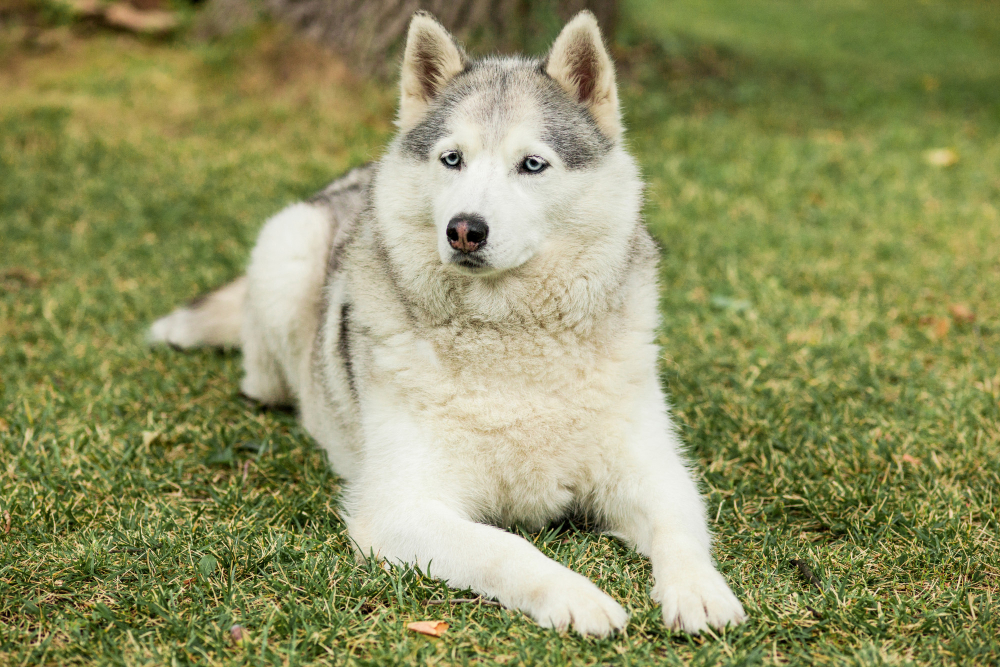
History and Origin
Alaskan Malamutes were bred for hauling heavy freight as sled dogs. They are one of the oldest Arctic sled dog breeds.
Temperament
Malamutes are strong-willed and can be aggressive towards other dogs. They are loyal and affectionate with their families but require firm training.
Handling and Training Tips
Socialization and training should start early. They need lots of physical exercise and mental challenges to prevent boredom.
8. Wolf Hybrid
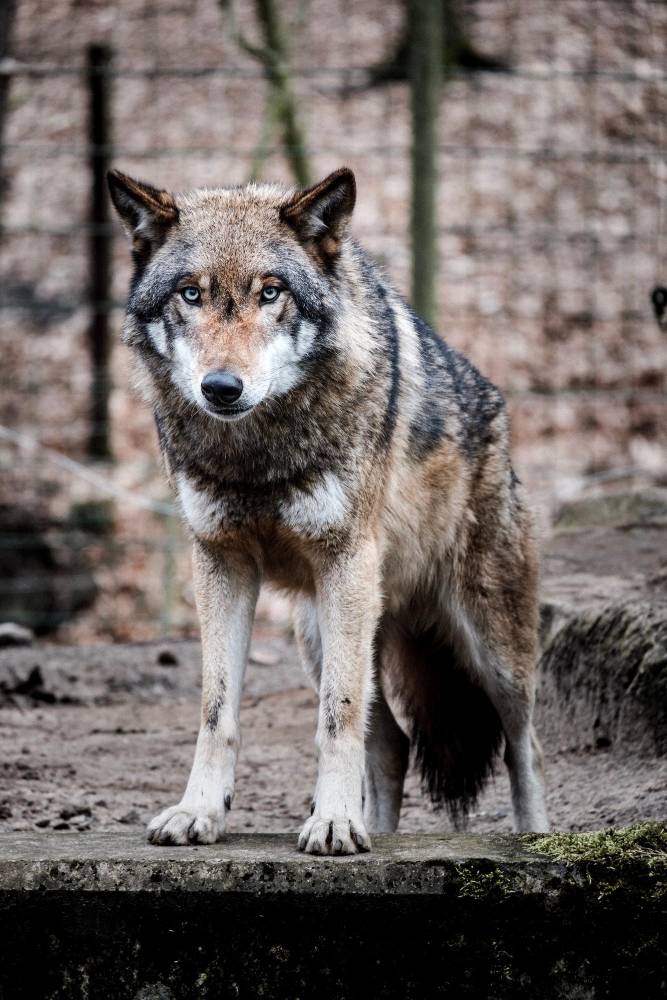
History and Origin
Wolf hybrids are a cross between domestic dogs and wolves. Their wild ancestry can make their behavior unpredictable.
Temperament
Wolf hybrids can be wary of strangers and have a high prey drive. Their behavior can vary widely depending on the percentage of wolf in their genetics.
Handling and Training Tips
Experienced handlers only should consider owning a wolf hybrid. Socialization and consistent, firm training are essential.
9. Akita
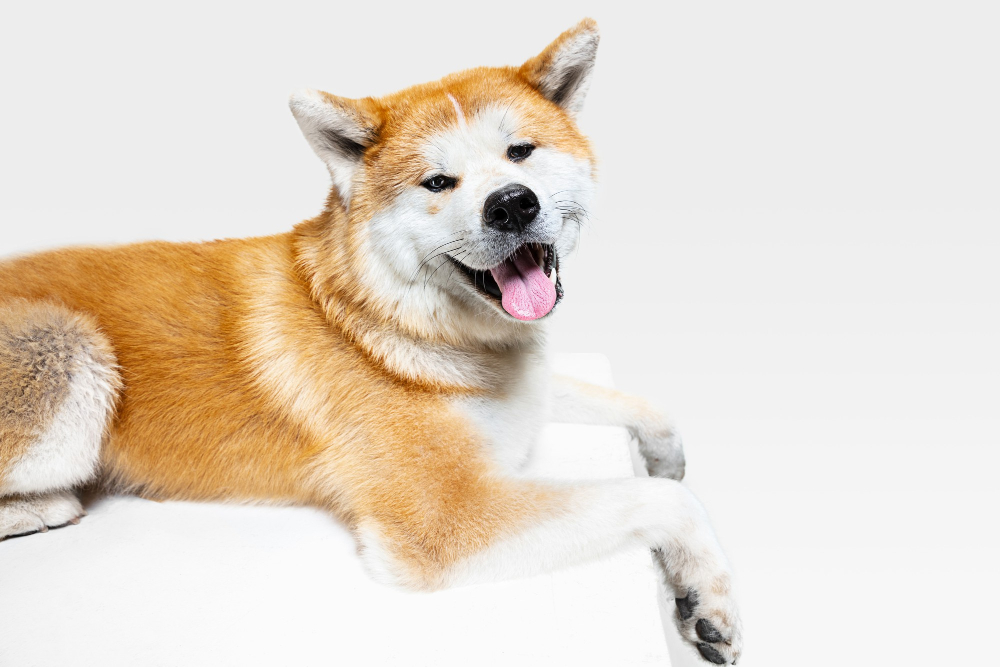
History and Origin
Akitas originate from Japan, where they were used for hunting and guarding. Their imposing presence and loyalty made them excellent protectors.
Temperament
Akitas are independent, strong-willed, and can be aggressive towards other animals. They are incredibly loyal to their families.
Handling and Training Tips
Training should start early and be consistent. They require firm, respectful handling and should be socialized with people and other dogs.
10. Boxer
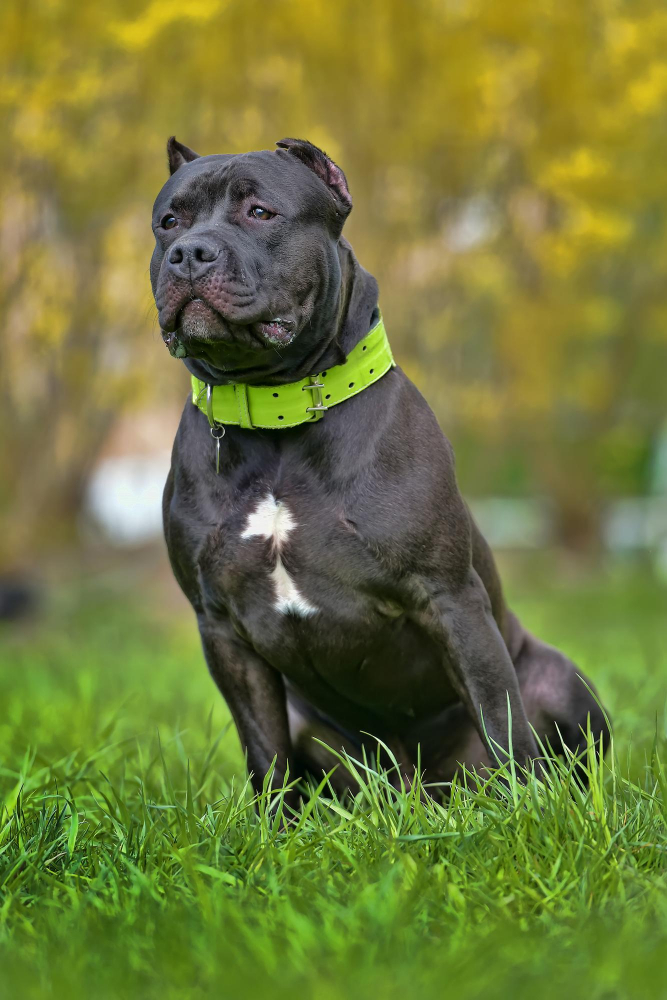
History and Origin
Boxers were bred in Germany as hunting dogs. They are known for their strength, agility, and playful nature.
Temperament
Boxers are energetic, loyal, and can be protective of their families. They may exhibit aggression if not properly trained.
Handling and Training Tips
Socialization and training from a young age are important. They need plenty of exercise and mental stimulation to stay happy.
Conclusion
Understanding the nature of these aggressive dog breeds is crucial for potential owners. While they can be loving and loyal companions, their aggressive tendencies require responsible ownership, proper training, and early socialization. By providing the right environment and guidance, these dogs can thrive and become cherished members of the family.
FAQs
1. Are aggressive dog breeds suitable for families with children?
Aggressive breeds can be suitable for families if properly trained and socialized. However, close supervision is always necessary.
2. Can aggressive dog breeds be trained to be less aggressive?
Yes, with proper training and socialization, many aggressive breeds can learn to control their aggressive tendencies.
3. Are all dogs of a certain breed aggressive?
No, individual temperament varies widely within any breed. Proper training and socialization play a significant role in a dog’s behavior.
4. What should I do if my dog shows signs of aggression?
Consult with a professional dog trainer or behaviorist. Addressing aggression early can prevent more serious issues.
5. Are there any laws regarding owning aggressive dog breeds?
Yes, some regions have breed-specific legislation that restricts or bans certain breeds. Check local laws before adopting.


